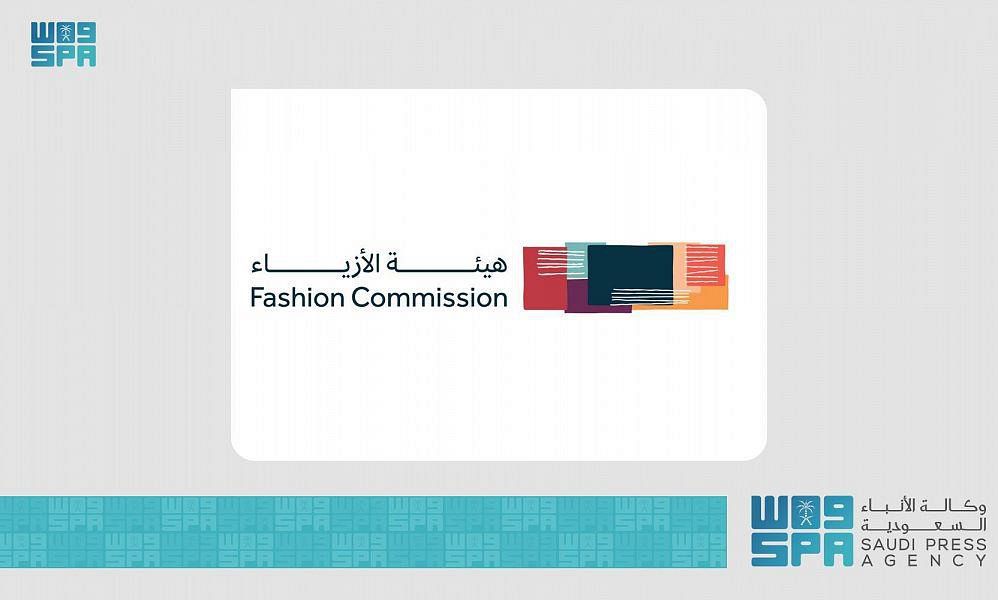
India’s largest garment company has paid out an estimated £3m in unpaid wages to tens of thousands of workers, after two years of refusing to pay the legal minimum wage.
Last month Shahi Exports, which supplies dozens of international brands, agreed to pay nine months of back pay to about 80,000 workers, with further payments expected in the coming months that will increase the total paid back to workers to £7m.
Shahi and other garment companies across Karnataka, which collectively produce clothing for international brands including Puma, Nike, Zara, Tesco, C&A, Gap, Marks & Spencer and H&M, have been refusing to pay an annual cost-of-living increase to the minimum wage set by the Indian courts in April 2020.
More than 400,000 workers were left without their full legal wages for more than 20 months, in what international labour rights groups claimed was the biggest wage theft to hit the fashion industry.
In December, garment workers making clothes for the UK high street told the Guardian that they were going hungry and were unable to feed their children as the cost of living increased.
The Worker Rights Consortium (WRC), which has been working with the Garment and Textile Workers Union and other labour rights groups across Karnataka, said that Shahi’s decision to pay back missing wages to its workers was a significant step forward.
WRC said that after international pressure from brands, who have been criticised for not ensuring workers in their supply chains were being paid properly, Shahi and other garment companies across the region had committed to pay around £19m of the £41m owed to workers.
“The dam has broken. The big players are paying and others will have no choice but to follow,” said Scott Nova, executive director at WRC. “Yet this went on for two years in broad daylight. The lesson from Karnataka is clear. ”
Since April 2020, garment companies across the region had been refusing to pay the annual cost of living increase to the minimum wage, the “variable dearness allowance”, which was increased to 417 Indian rupees (£4.10) a month.
Garment suppliers argued that the Ministry of Labour & Employment issued a proclamation suspending the minimum wage increase shortly after it was implemented in April 2020 and that a legal complaint relating to the requirement to pay the increase was still progressing through the courts in Karnataka.
However, in September last year, the Karnataka high court ruled that the labour ministry’s proclamation was illegal and that the minimum wage, including all arrears, must be paid to workers regardless of any other court proceedings.
In a statement, Shahi said that it was still awaiting the outcome of ongoing legal proceedings relating to the full payment of minimum wage but that it was paying workers due to concerns about how long the court process was taking. The company said it stands by its legal assessment that it had been granted a deferment and disagreed with the claim that it, along with the rest of the garment industry, was noncompliant with minimum wage laws.












